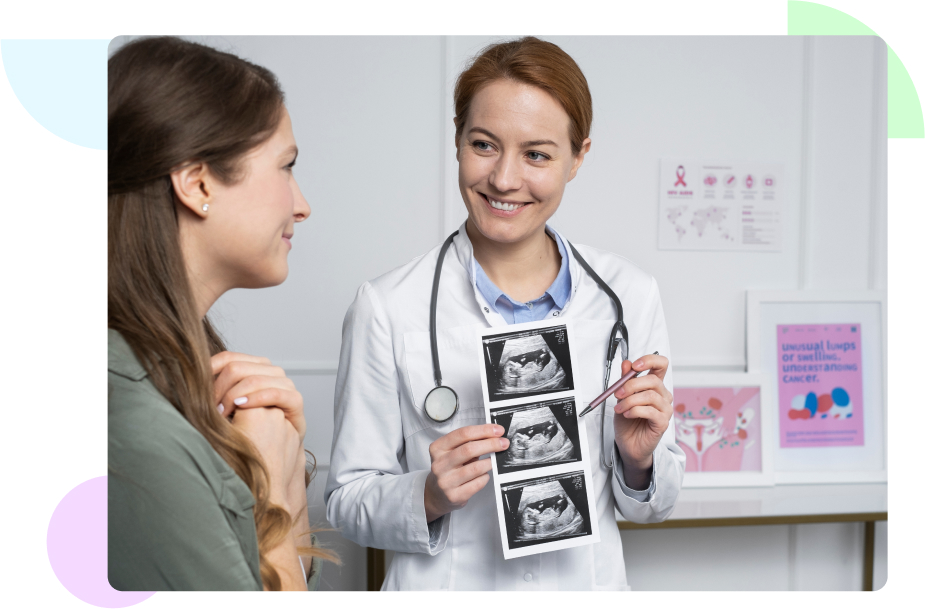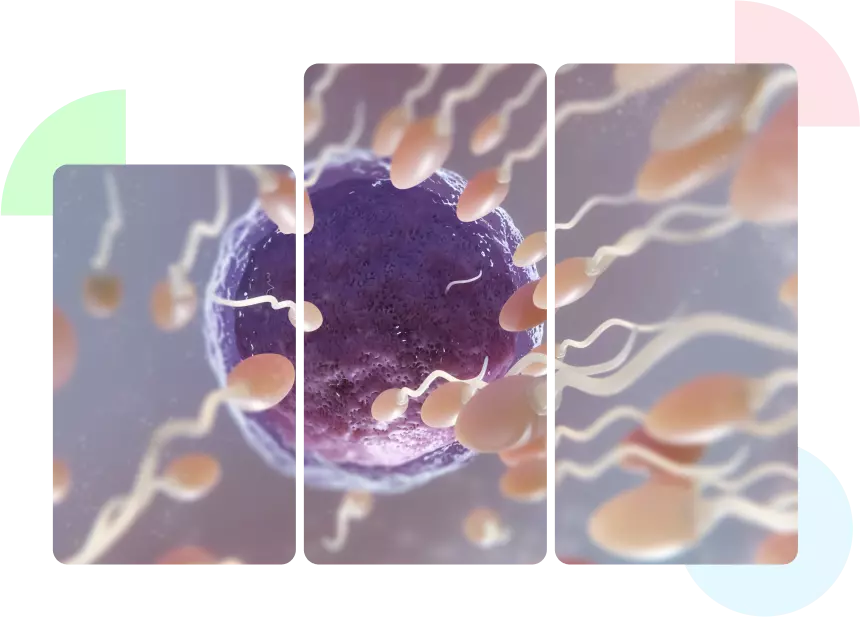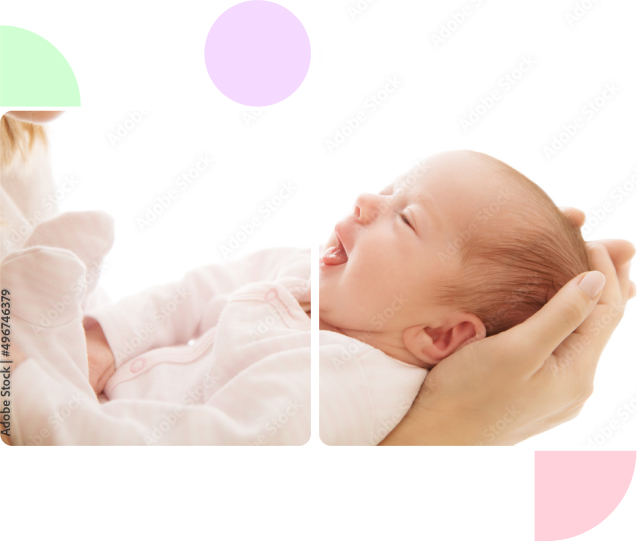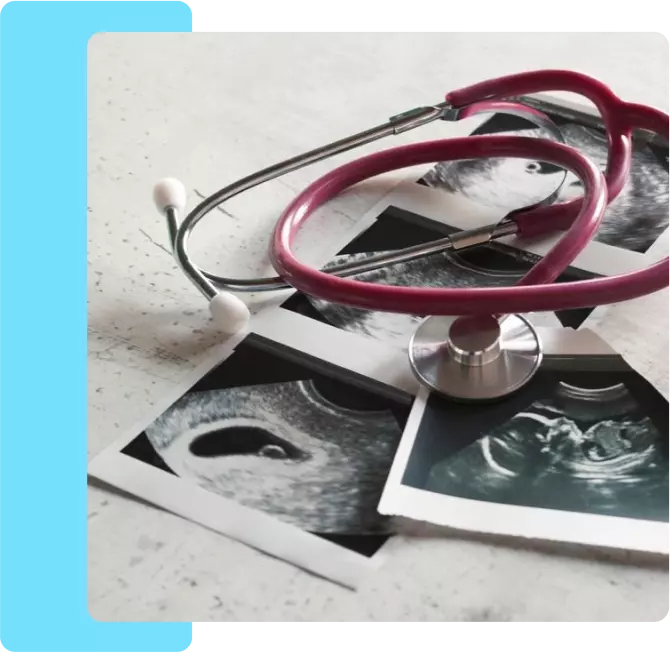What are the 5 stages of IVF?
The five stages of IVF are:
- Ovarian Stimulation: Using hormones to stimulate egg production.
- Egg Retrieval: Collecting eggs from the ovaries.
- Fertilization: Combining eggs and sperm in a lab dish.
- Embryo Culture: Monitoring embryo development.
- Embryo Transfer: Placing embryos into the uterus.











